Computer Systems Research
Computer systems research at URCS spans a range of topics, including program analysis and compiler technology; parallel, distributed, and mobile computing; cluster-based server technology; low-power hardware and software; processor and memory architecture; concurrency and synchronization; programming environments; and programming language design.
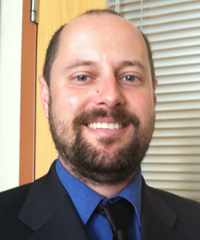
Criswell, John
Associate Professor of Computer Science
- Office Location
- 3405 Wegmans Hall
- Telephone
- (585) 275-1118
- Web Address
- Website
Interests: Computer Security; Automatic compiler transformations; Secure Virtual Architecture
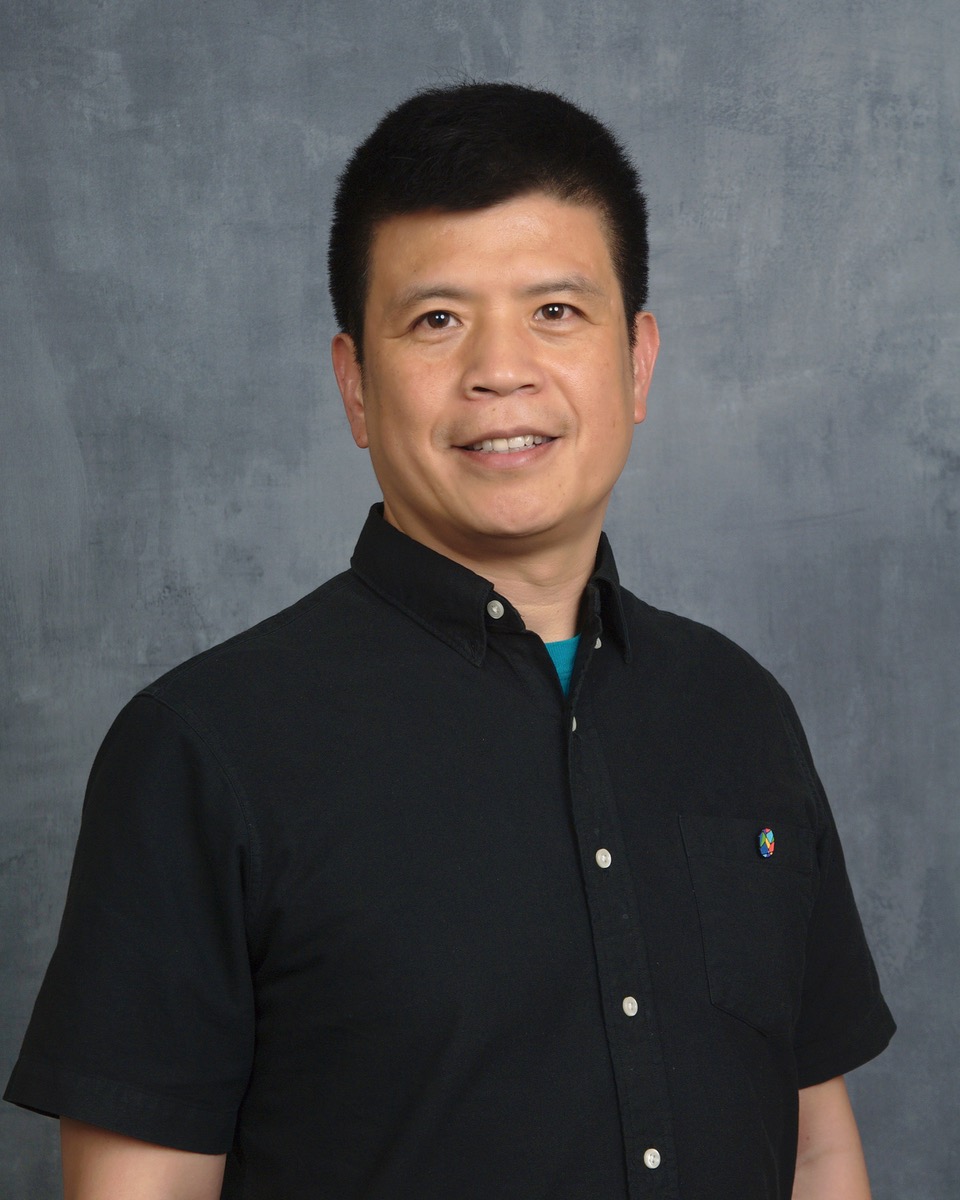
Ding, Chen
Professor of Computer Science
Chair, Department of Computer Science
- Office Location
- 3407 Wegmans Hall
- Telephone
- (585) 275-1373
- Web Address
- Website
Interests: Locality theory and optimization; Compilers and run-time systems to improve locality and parallelism; Memory management; Parallel programming; High-performance computing
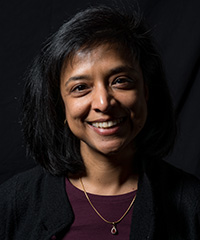
Dwarkadas, Sandhya
Visiting Research Professor of Computer Science
- Web Address
- Website
Interests: Parallel and distributed computing; Computer architecture and networks; Interaction and interface between the compiler, runtime system, and underlying architecture; Software distributed shared memory; Integrated compiler and runtime support for parallelism; Simulation methodology; Uniprocessor and multiprocessor architectures; Parallel applications development; Performance evaluation
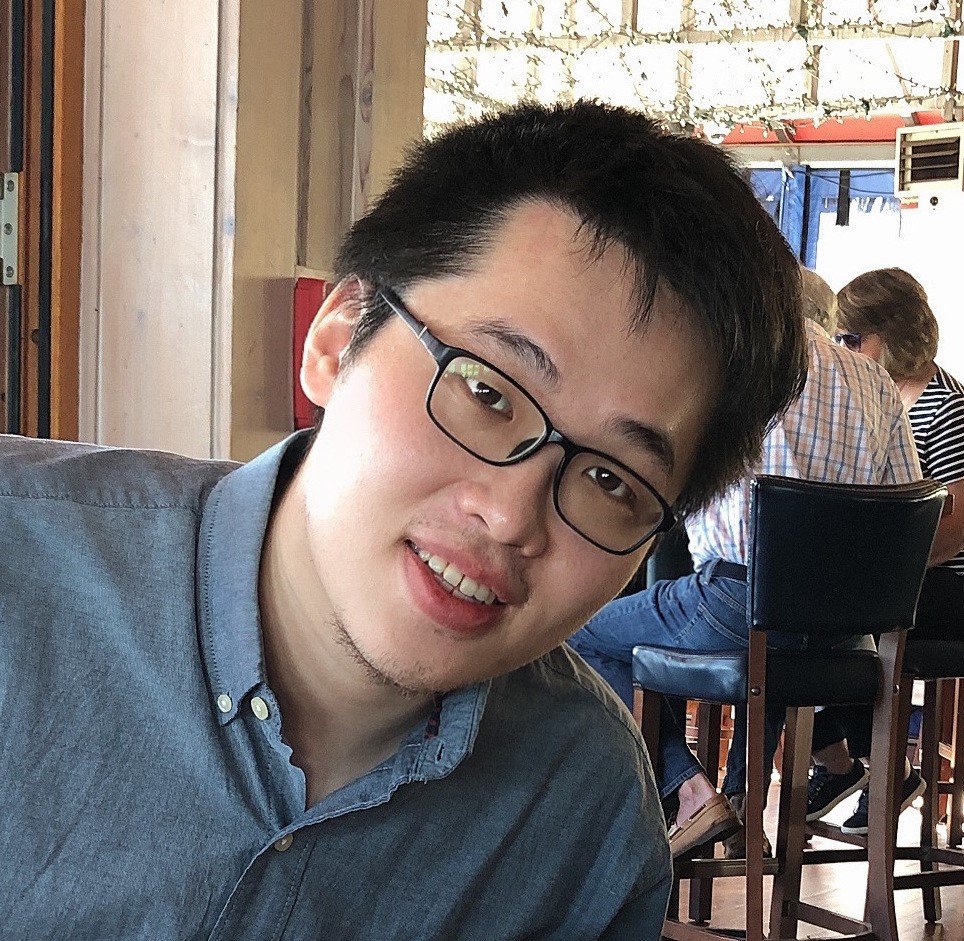
Geng, Tong (Tony)
Assistant Professor of Electrical and Computer Engineering and Computer Science
- Office Location
- 723 Computer Studies Building
- Telephone
- (585) 275-1735
- Web Address
- Website
Interests: Computer architecture; Graph learning; Machine learning; Accelerators for AI; High-performance computing
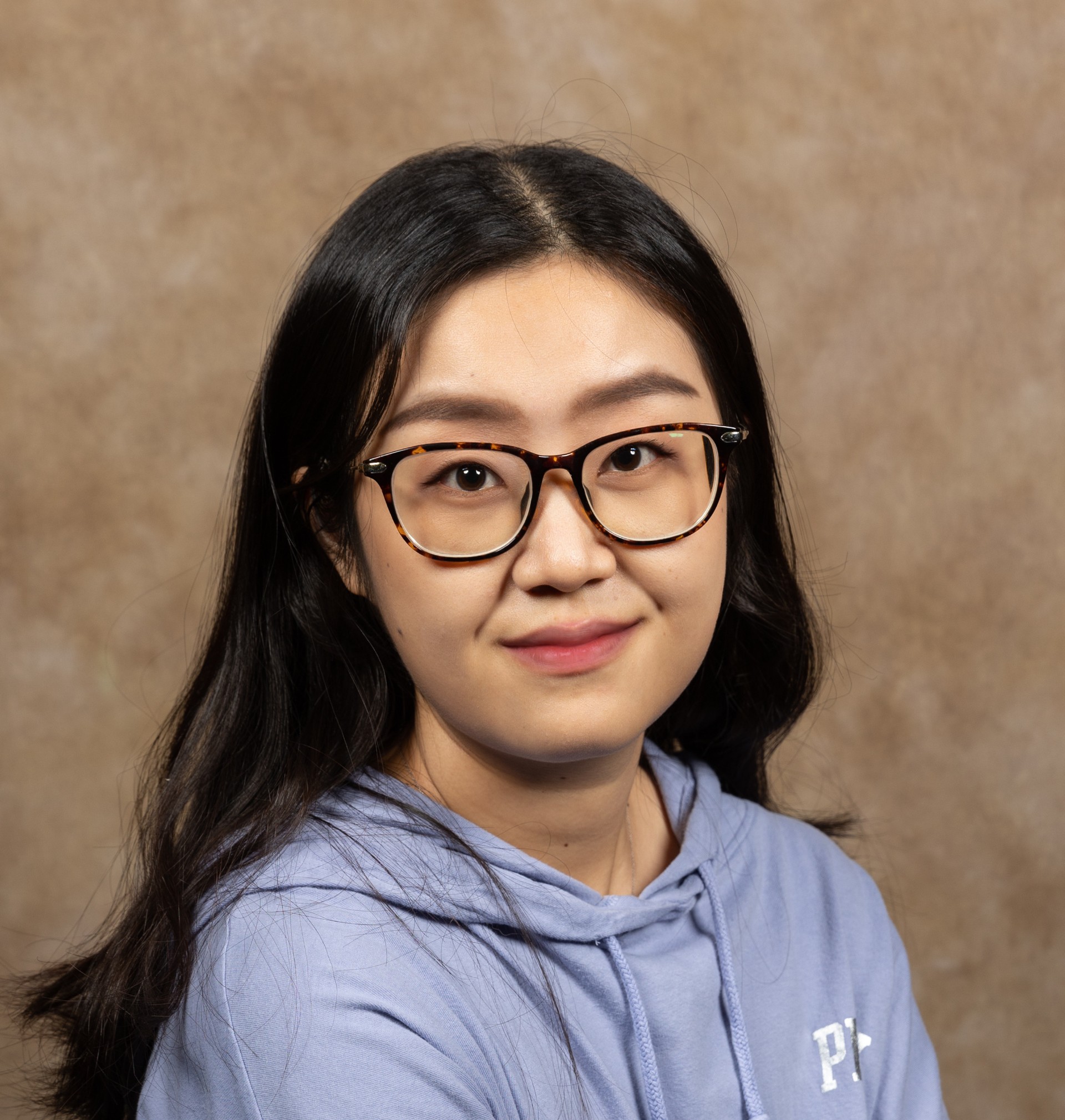
Guo, Yanan
Assistant Professor of Computer Science
- Office Location
- 3403 Wegmans Hall
- Web Address
- Website
Interests: Microarchitectural side channels; Software security; Machine learning security; GPU systems and architectures; Memory systems
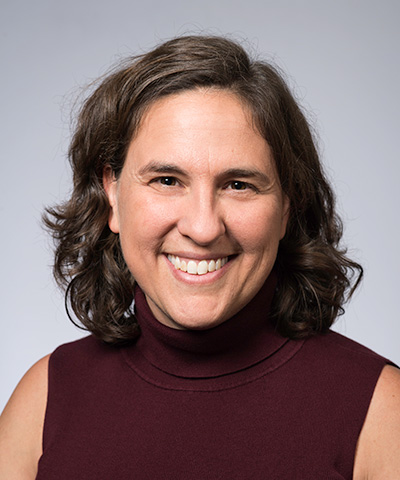
Heinzelman, Wendi
Professor
Dean, Hajim School of Engineering and Applied Sciences
- Office Location
- 309 Lattimore Hall
- Telephone
- (585) 273-3958
- Web Address
- Website
Interests: Wireless sensor networks; Mobile ad hoc networks; Multimedia communication; Heterogeneous networking; Cloud computing
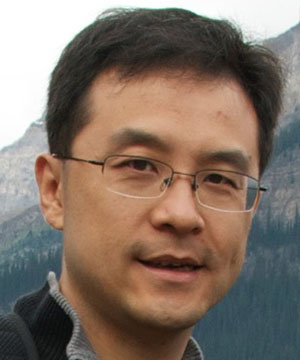
Huang, Michael
he/him/his
Professor of Electrical and Computer Engineering and of Computer Science
- Office Location
- 414 Computer Studies Building
- Telephone
- (585) 275-2111
- Web Address
- Website
Interests: High-performance and energy-efficient computer microarchitecture; non-von Neumann computing; Ising machines
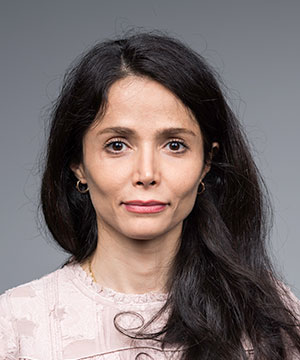
Nargesian, Fatemeh
James P. Wilmot Distinguished Assistant Professor in the Department of Computer Science
Assistant Professor of Computer Science
- Office Location
- 3015 Wegmans Hall
- Web Address
- Website
Interests: Data management ; Data science ; Data discovery and integration
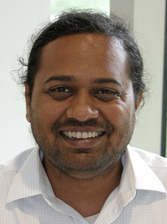
Pai, Sreepathi
Associate Professor of Computer Science
- Office Location
- 3409 Wegmans Hall
- Telephone
- (585) 276-2391
- Web Address
- Website
Interests: Compilers; Heterogeneous Architectures; GPU algorithms; Performance Modeling
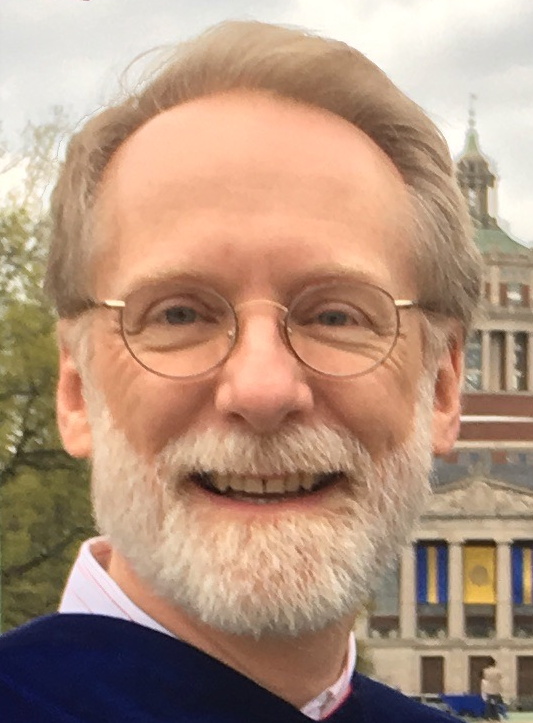
Scott, Michael L.
Arthur Gould Yates Professor of Engineering
Professor of Computer Science
Former Chair, Department of Computer Science
- Office Location
- 3401 Wegmans Hall
- Web Address
- Website
Interests: Systems software for parallel and distributed computing; Programming languages; Operating systems; Synchronization; Transactional memory; Persistent memory
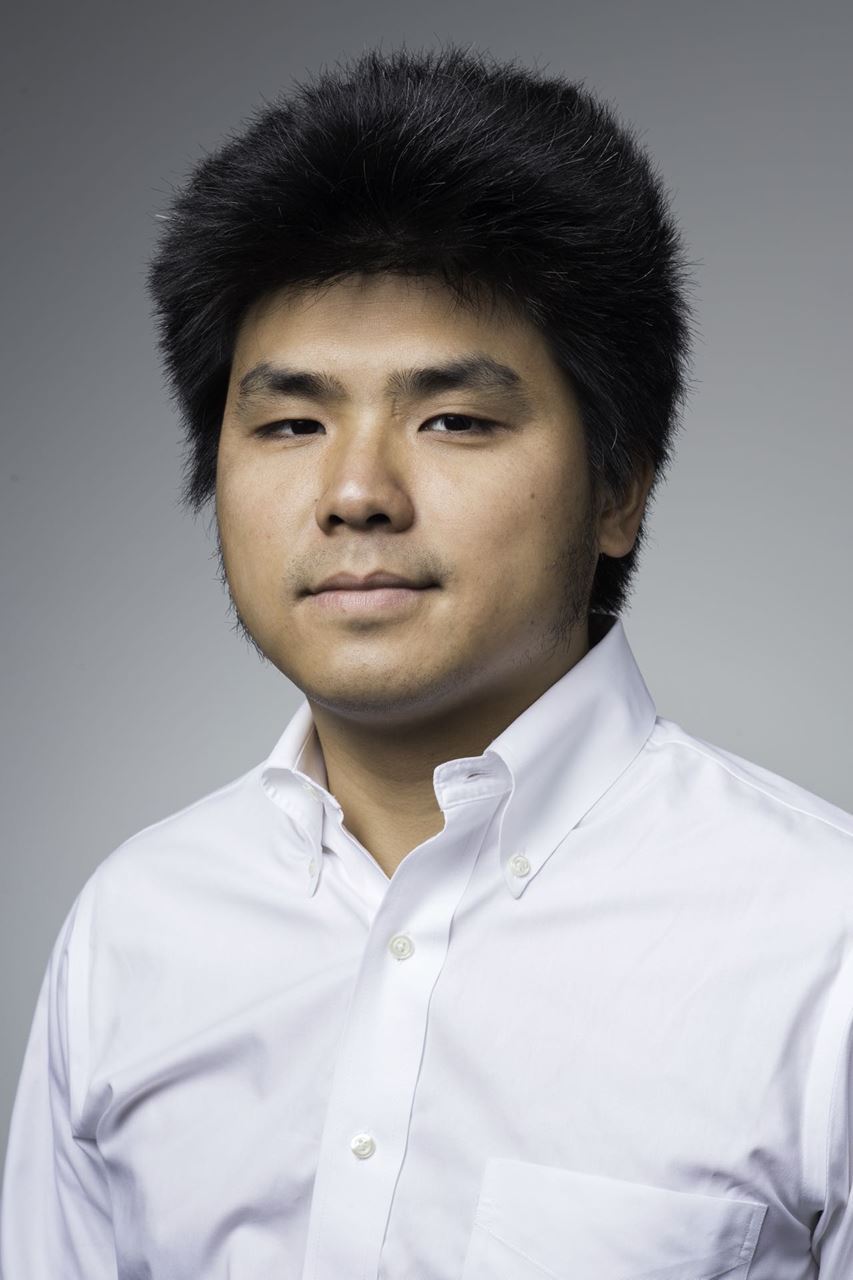
Zhu, Yuhao
Associate Professor of Computer Science
- Office Location
- 3501 Wegmans Hall
- yzhu@rochester.edu
- Web Address
- Website
Interests: Computer Systems and Architecture; Computer Imaging and Graphics; Augmented/Virtual Reality; Human (Visual) Perception and Cognition; Computational Art, Art History, and Aesthetics
